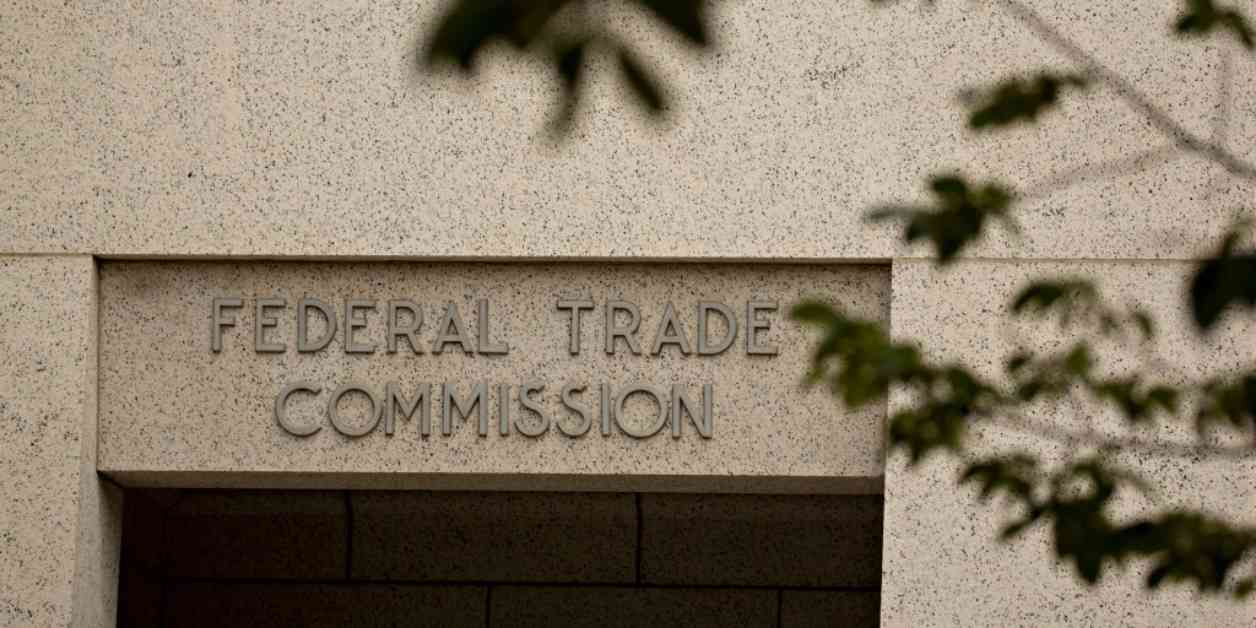The Federal Trade Commission (FTC) has taken legal action against three major drug middlemen, accusing them of engaging in anticompetitive practices that have led to inflated insulin prices. The lawsuit targets the pharmacy benefit managers (PBMs) known as the “Big Three”: UnitedHealth Group’s Optum Rx, CVS Health’s Caremark, and Cigna’s Express Scripts. These PBMs are accused of manipulating the rebate system to artificially increase the list prices of insulin drugs, making it harder for patients to access more affordable options and forcing vulnerable individuals to bear the brunt of high insulin costs.
The Impact of Inflated Insulin Prices
Insulin is a crucial medication for approximately 8 million Americans who rely on it to manage their diabetes. The FTC’s lawsuit alleges that the actions of the Big Three PBMs have had a detrimental effect on these patients, as well as on the overall healthcare system. By prioritizing high rebates from drug manufacturers, the PBMs have contributed to the soaring prices of insulin, ultimately shifting the financial burden onto those who can least afford it.
PBMs’ Role in the Healthcare System
PBMs play a significant role in the healthcare system by negotiating discounted prices with drug companies on behalf of insurance companies. These negotiations are intended to result in cost savings for patients, but the FTC’s lawsuit suggests that the Big Three PBMs have exploited their position to prioritize profits over patient well-being. The lawsuit also names the PBMs’ group purchasing organizations, including Zinc Health Services, Ascent Health Services, and Emisar Pharma Services, as part of the alleged scheme to inflate insulin prices.
Response from the Pharmaceutical Industry
In response to the FTC’s allegations, CVS Caremark and Cigna have vehemently denied any wrongdoing, shifting the blame onto drug manufacturers for the price hikes. CVS Caremark claims to have taken steps to reduce the cost of insulin for all patients, offering access to affordable options through programs like ReducedRx. Cigna’s Chief Legal Officer, Andrea Nelson, criticized the FTC for what she described as politically motivated attacks on PBMs, emphasizing the potential negative impact on drug pricing if the lawsuit succeeds.
The FTC’s Perspective and Future Actions
The FTC maintains that the dramatic increase in insulin prices over the past decade is the result of actions taken by both PBMs and drug manufacturers. Rahul Rao, the deputy director of the FTC’s Bureau of Competition, expressed concern over the impact of these price hikes on vulnerable patients with diabetes. The commission has signaled that it may pursue legal action against drug manufacturers like Eli Lilly and Novo Nordisk in the future, holding them accountable for their role in the rising costs of insulin.
Support for the FTC’s Lawsuit
The National Community Pharmacists Association has voiced support for the FTC’s lawsuit against the PBMs, highlighting the detrimental effects of the rebate system on patients, taxpayers, and small pharmacies. The association’s chief executive officer, B. Douglas Hoey, criticized the PBMs for prioritizing expensive drugs to maximize rebates, ultimately leading to higher costs for patients and driving small businesses out of the market. The FTC’s efforts to hold PBMs accountable for their role in escalating drug prices have garnered bipartisan support from lawmakers and state officials.
Challenges Ahead for the Healthcare System
The ongoing scrutiny of PBMs and drug manufacturers by the FTC and other regulatory bodies underscores the challenges facing the healthcare system in addressing rising drug prices. The complex interplay between various stakeholders, including insurers, PBMs, drug manufacturers, and patients, highlights the need for greater transparency and accountability in the pharmaceutical industry. As the debate over drug pricing continues to unfold, it remains to be seen how these legal actions will impact the accessibility and affordability of essential medications like insulin for millions of Americans.
In conclusion, the FTC’s lawsuit against the Big Three PBMs sheds light on the practices that have contributed to the inflated prices of insulin drugs in the U.S. By challenging the rebate system and holding key players accountable, the FTC aims to protect vulnerable patients and promote a more transparent and fair healthcare system. The outcome of this legal action will have far-reaching implications for the pharmaceutical industry and the millions of Americans who rely on insulin to manage their health.


















